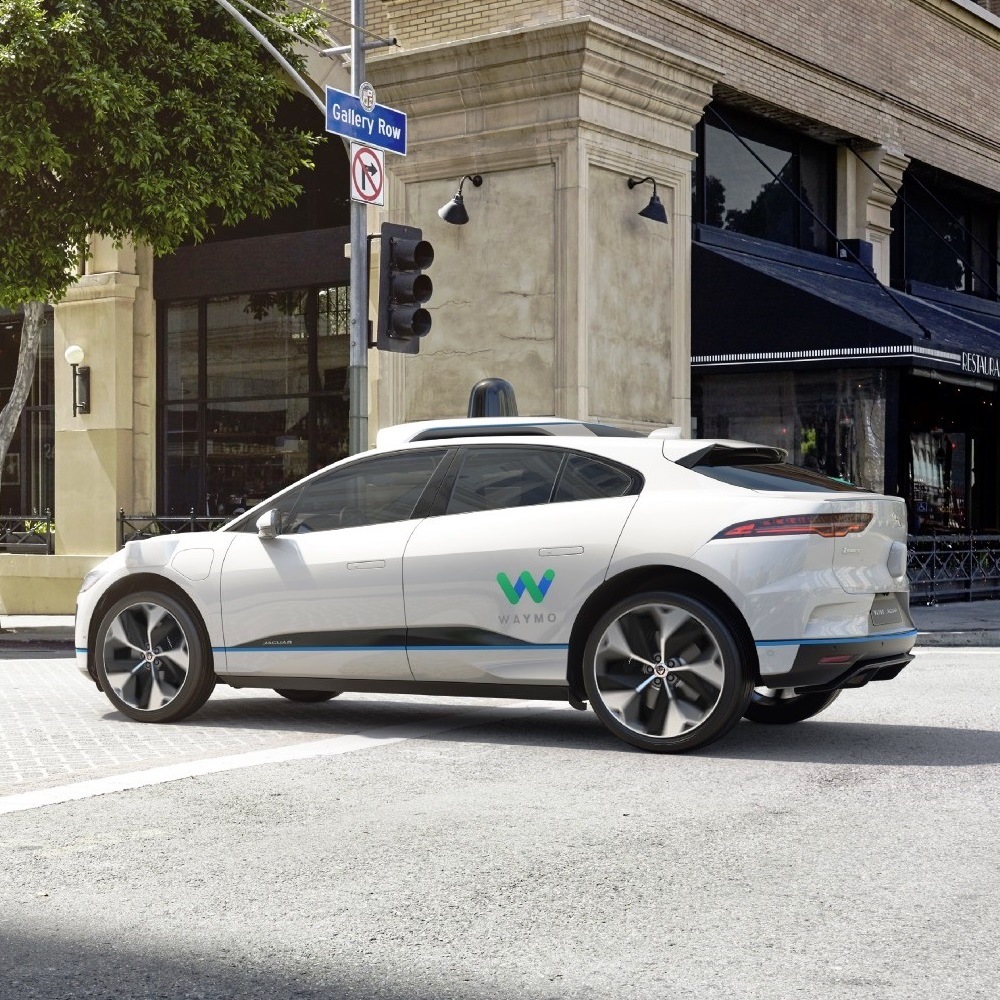Cars and Drivers
Americans Now More Scared of Self-Driving Cars

Published:
Last Updated:

Late last year a survey of American drivers revealed that 63% were wary of riding in a fully autonomous (self-driving) car. A new survey by AAA shows that nearly three-quarters (73%) now fear riding in a self-driving vehicle.
The increased fear is virtually identical with the 75% of Americans who were afraid to ride in a self-driving car reported in a AAA survey from March of last year.
And it’s not only passengers who now fear self-driving vehicles. Nearly two-thirds (63%) now say they would feel less safe as pedestrians or while riding a bicycle. That’s up from 54% from the March 2017 survey.
Greg Brannon, AAA director of automotive engineering and industry relations, commented:
Despite their potential to make our roads safer in the long run, consumers have high expectations for safety. Our results show that any incident involving an autonomous vehicle is likely to shake consumer trust, which is a critical component to the widespread acceptance of autonomous vehicles.
Two recent incidents that generated a lot of news coverage were the deaths of a pedestrian in Arizona struck at night by an Uber self-driving car and that of a driver in a Tesla Model X SUV who hit a highway lane divider on a Northern California highway.
Megan Foster, AAA’s director of federal affairs, noted:
While autonomous vehicles are being tested, there’s always a chance that they will fail or encounter a situation that challenges even the most advanced system. To ease fears, there must be safeguards in place to protect vehicle occupants and the motorists, bicyclists, and pedestrians with whom they share the road.
The new survey indicates that fears among millennials (ages 20 to 37) have risen most sharply. In the late 2017 survey, some 49% were wary of self-driving cars. That has risen to 64% in the latest survey.
Fear also rose by about 10 points in both men (52% to 63%) and women (73% to 83%). Just one in five of all those surveyed would trust a self-driving vehicle.
AAA is encouraging automakers and technology providers to adopt a “common sense, common nomenclature and classification system, and similar performance characteristics of future autonomous vehicle technologies” as a way to reduce the complexity of safety systems. Brannon said, “Learning how to operate a vehicle equipped with semi-autonomous technology is challenging enough without having to decipher the equipment list and corresponding level of autonomy.”
All that said, AAA reports that just over half (55%) of American drivers want semi-autonomous technology in the next vehicle they buy or lease. These technologies typically require a human driver who is monitoring the roadway environment and who has the ability to take control of the vehicle as conditions require. A fully autonomous vehicle depends entirely on automated systems to control the vehicle.
The average American spends $17,274 on debit cards a year, and it’s a HUGE mistake. First, debit cards don’t have the same fraud protections as credit cards. Once your money is gone, it’s gone. But more importantly you can actually get something back from this spending every time you swipe.
Issuers are handing out wild bonuses right now. With some you can earn up to 5% back on every purchase. That’s like getting a 5% discount on everything you buy!
Our top pick is kind of hard to imagine. Not only does it pay up to 5% back, it also includes a $200 cash back reward in the first six months, a 0% intro APR, and…. $0 annual fee. It’s quite literally free money for any one that uses a card regularly. Click here to learn more!
Flywheel Publishing has partnered with CardRatings to provide coverage of credit card products. Flywheel Publishing and CardRatings may receive a commission from card issuers.
Thank you for reading! Have some feedback for us?
Contact the 24/7 Wall St. editorial team.